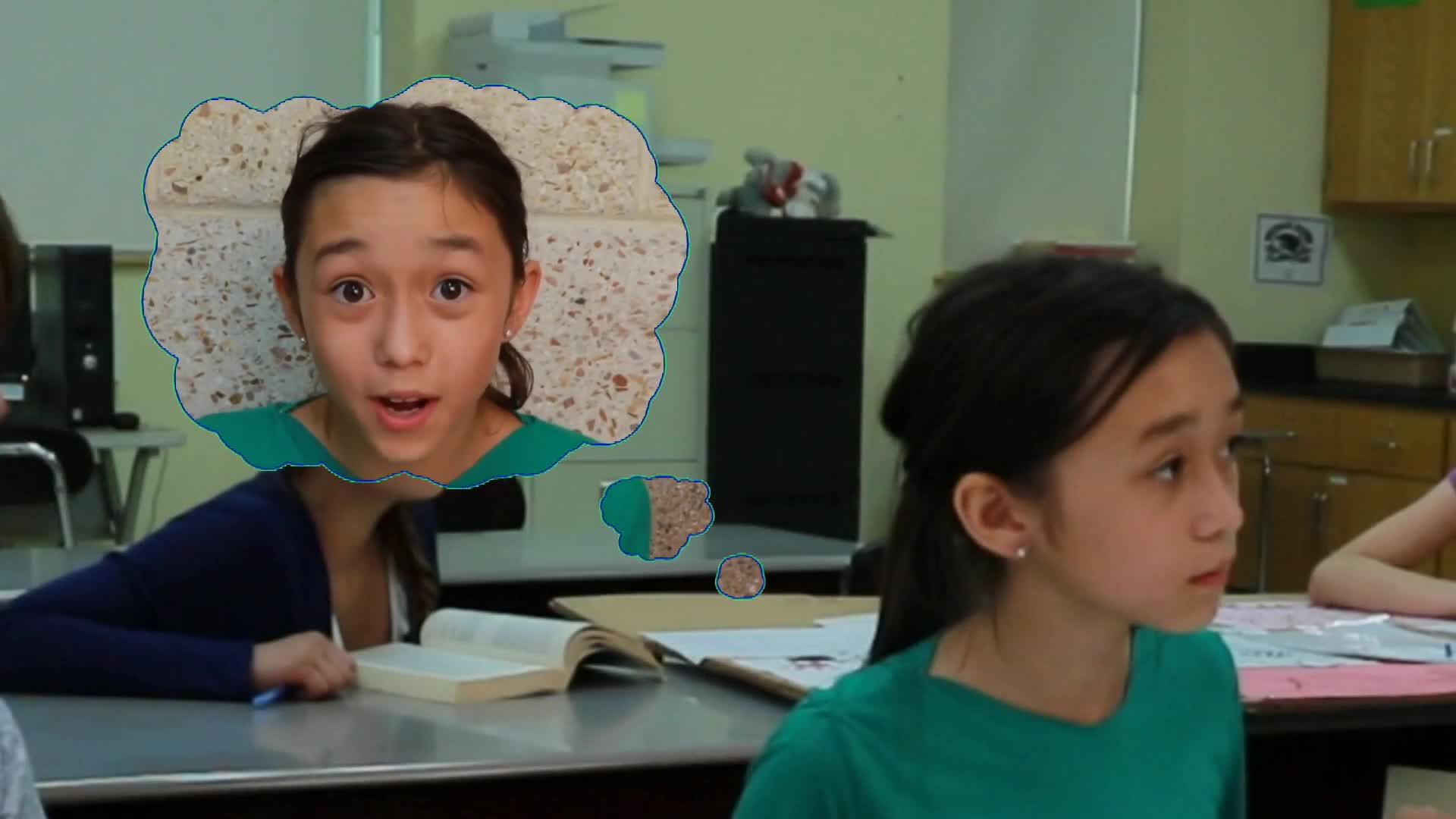
Introduction
In our daily lives, we all face situations where we have to do things we don’t want to do. It’s essential to teach students the importance of responsibilities, even when they don’t feel like doing certain tasks. This blog post will focus on a no-prep activity that will help educators teach elementary students how to handle frustration and understand the value of fulfilling their responsibilities in various situations, such as schoolwork.
No-Prep Activity
This activity called “Responsibility Role-Play” is designed for elementary students and requires no preparation or materials from the educator. Follow these steps to conduct the activity with your students:
- Divide the class into small groups of 3-4 students.
- Assign each group a scenario where someone has to do something they don’t want to do, such as finishing a school project or cleaning their room.
- Ask the students to discuss and role-play the scenario, acting out both the person who is reluctant to do the task and the person who encourages them to fulfill their responsibility.
- After each group has completed their role-play, encourage a discussion about how the characters in the scenario felt and the consequences of not fulfilling their responsibilities.
- Finally, ask the students to share their thoughts on how they can handle similar situations in their own lives and the importance of doing things they might not want to do.
Discussion Questions
After the activity, use these questions to stimulate further discussion among your students:
- How did you feel when you were acting out the character who didn’t want to do their task? How about the character who encouraged them?
- What are some strategies you can use to motivate yourself when you don’t feel like doing something you have to do?
- Why is it important to fulfill our responsibilities, even when we don’t want to?
- Can you think of a time when you didn’t want to do something but felt proud after completing it? How did that experience make you feel?
- How can understanding and managing our feelings help us become better at handling frustrating situations?
Related Skills
Along with teaching responsibility and handling frustration, there are other relevant skills that students can benefit from, such as:
- Empathy: Understanding and sharing the feelings of others can help students be more supportive of their peers during difficult situations.
- Communication: Developing effective communication skills can help students express their feelings and thoughts clearly, making it easier to resolve conflicts and misunderstandings.
- Problem-solving: Learning to approach problems with a positive attitude and finding solutions can help students overcome challenges and become more resilient.
- Self-awareness: Being aware of one’s emotions, strengths, and weaknesses can help students recognize when they need help or support from others.
Next Steps
To explore more engaging activities and resources for teaching responsibility, handling frustration, and other essential social-emotional learning skills, sign up for free samples of our materials at Everyday Speech. Our platform offers a wide range of resources designed to help educators create a supportive and inclusive learning environment for their students.

